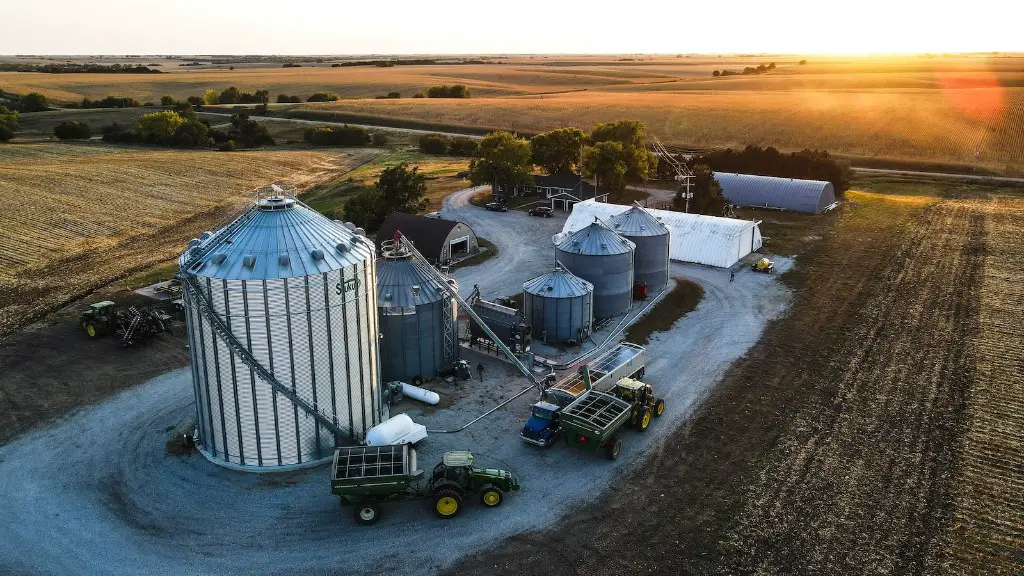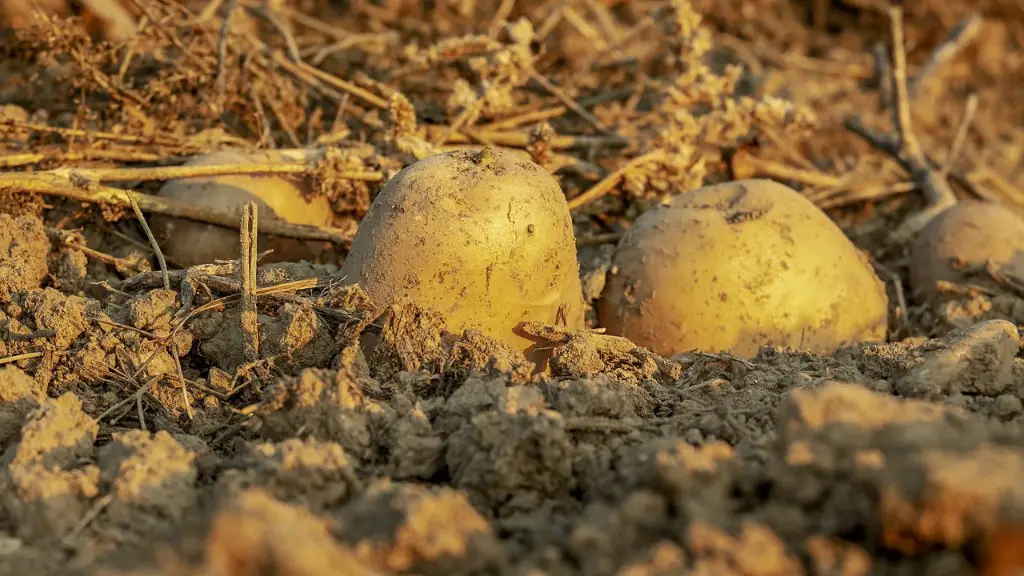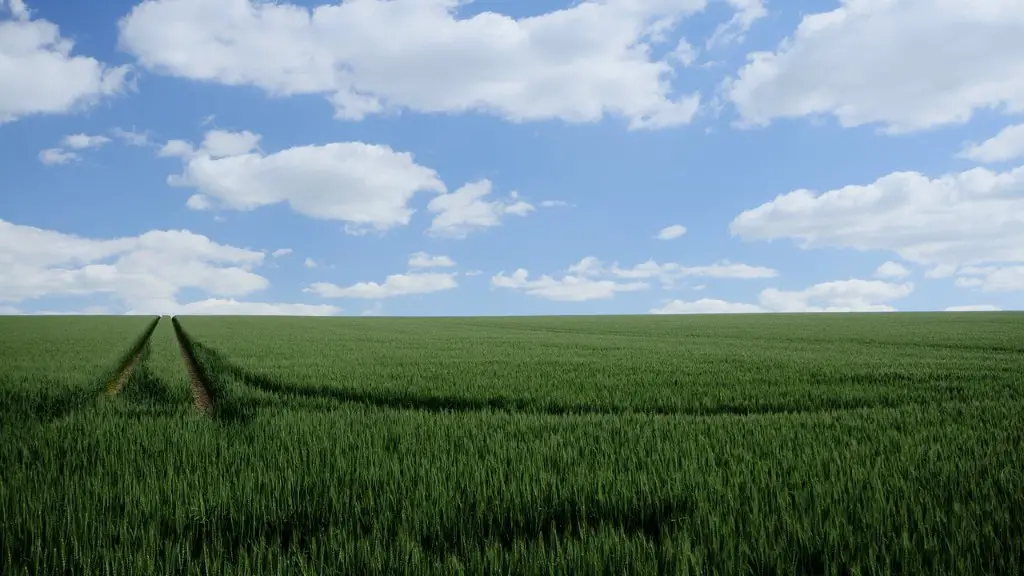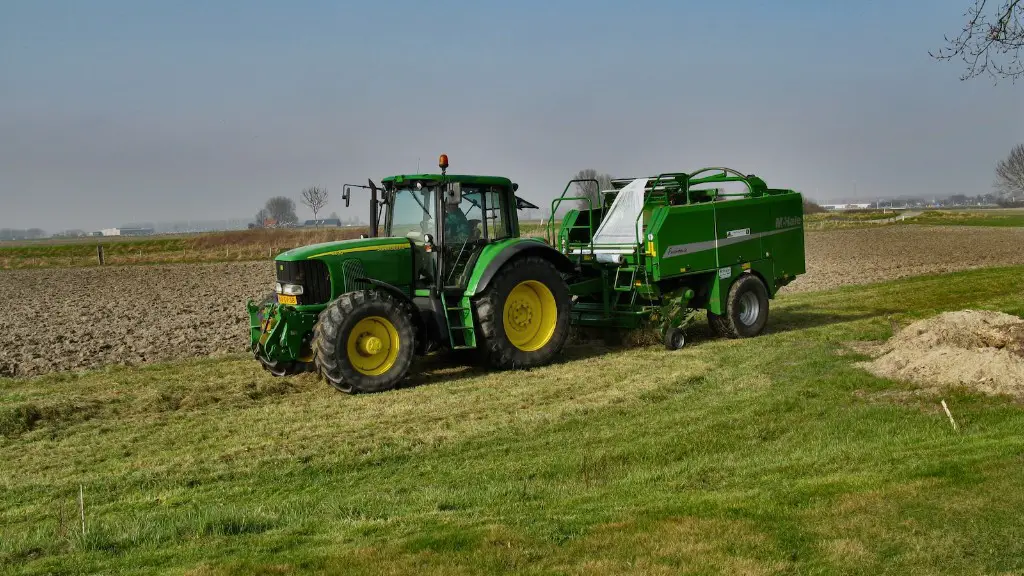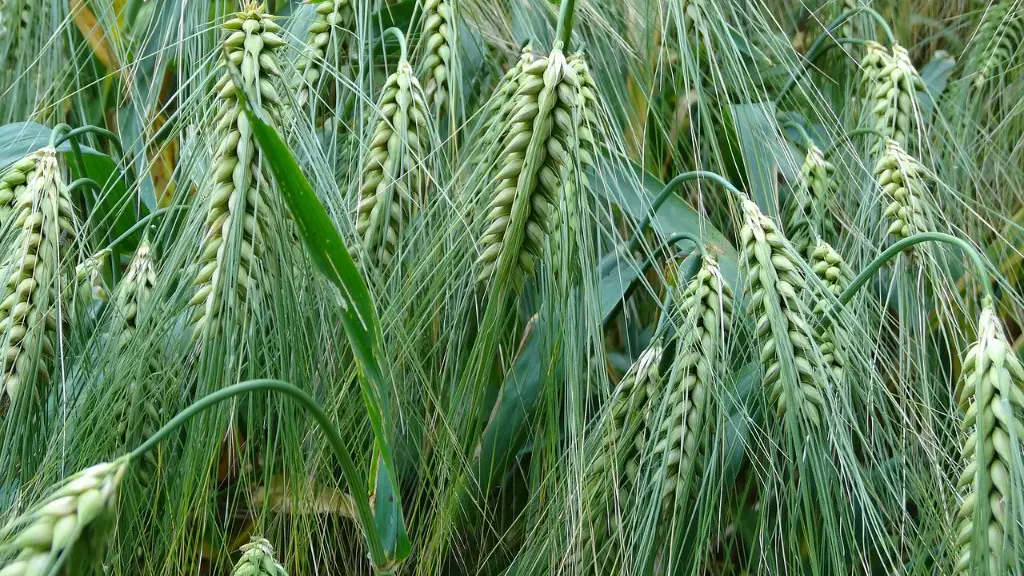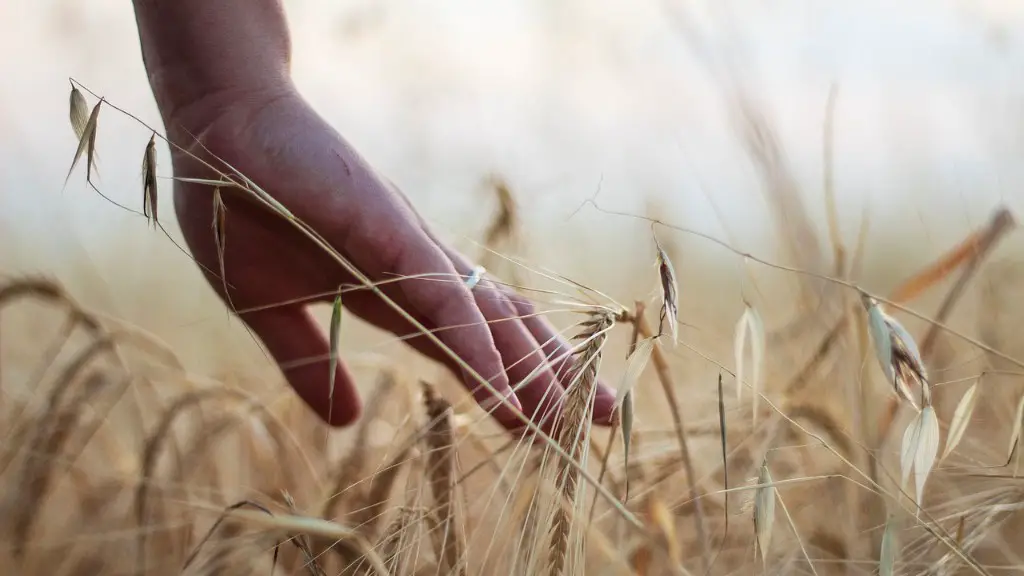In agriculture, crop protection is the use of chemical products, often referred to as pesticides, to protect crops from damage caused by insects, fungi, weeds, and other pests. Crop protection products are essential to the production of food, fiber, and ornamental plants. Without these products, crop yields would be significantly reduced, and the quality of the crop would be diminished.
Crop protection in agriculture is the use of various agrochemicals to reduce losses due to pests, weeds, and diseases.
What is called crop protection?
Crop protection is the general method of protecting the crop yields from different agents including pests, weeds, plant diseases, and other organisms that cause damage to the agricultural crops.
Crop protection is a vital part of ensuring a successful harvest. It combines strategies, tools, and products that protect against various pests. These include diseases, viruses, weeds, and insects. All of them can significantly lower or even kill plants.
There are a variety of products available to farmers to help protect their crops. These include herbicides, insecticides, and fungicides. Each of them has their own advantages and disadvantages. farmers must carefully consider which products will work best for their particular situation.
Crop protection is an important part of food security. It helps to ensure that crops are able to reach their full potential, providing people with the food they need to live healthy lives.
What can farmers do to protect their crops
US farmers use a variety of pest management strategies to control weeds, insects, fungi, viruses, and bacteria. They till their soils, rotate their crops, scout their fields, and carefully consider factors such as plant density and planting dates. They also apply organic and synthetic pesticides.
Crop rotation, planting disease-resistant crops, quarantining affected plants, and deep plowing are all ways that farmers can protect their crops. Through modern technology, farmers can monitor temperatures, humidity, and soil conditions to help prevent crop damage.
How can we protect crops without pesticides?
Pesticides can be harmful to both people and the environment, so it’s important to use them only as a last resort. You can avoid or reduce the need for pesticides by taking some simple steps, such as building healthy soil, planting the right plants for your site, and using smart watering techniques. You may also need to learn to live with a few insects, as complete insect eradication is usually not possible or necessary.
Pesticides are a broad category of products that are used to protect plants from a variety of pests. This includes herbicides, which are used to protect against weeds, and insecticides, which are used to protect against insects. Fungicides and bactericides are also used to protect against diseases caused by fungi and bacteria, respectively.
What do farmers use instead of pesticides?
Pesticide Alternatives | Organic Farming
Biocontrol (aka: biological control)
It’s not as scary as it sounds—think of bio in terms of biology, and control as in maintenance. Polyculture (companion planting) is a form of biocontrol where different crops are planted together to help ward off pests and provide natural nutrients. Another form of biocontrol is using natural predators to your advantage. For example, ladybugs eat aphids, so by encourage ladybugs in your garden, you can reduce aphid populations.
Natural Barriers & Predators
Another way to reduce the need for pesticides is to use natural barriers and predators. For example, plants like marigolds release a chemical that deters certain pests, and nematodes (tiny worms) can be used to control insect populations. You can also encourage predators like frogs, bats, and birds to take up residence in your garden, as they will help keep pests in check.
Crop rotation and flaming are two methods that could be used to keep bugs at bay, without the need for pesticides. Crop rotation involves growing different crops in a specific order, so that bugs are less likely to infest the crops. Flaming involves using a flame to kill bugs on the plants. These methods are much less expensive than buying pesticides each year, and they are also more environmentally friendly.
What are the 3 main chemicals used in agriculture
Nitrogen, phosphate, and potash are essential in the production of crops used for food, feed, fiber, and fuel. All three nutrients are required for different aspects of crop growth, and their availability can limit crop production. For example, nitrogen is essential for photosynthesis, the process by which plants convert sunlight into energy. Phosphate is necessary for root development and for the plant to produce fruit and seeds. Potash is important for the plant to grow and produce chlorophyll, the green pigment that helps the plant to absorb sunlight.
The major thrust areas of plant protection are promotion of Integrated Pest management, ensuring availability of safe and quality pesticides for sustaining crop production from the ravages of pests and diseases, streamlining the quarantine measures for accelerating the introduction of new high yielding crop varieties,.
Do farmers still use Roundup?
It’s disappointing that it will take so long for glyphosate to be pulled from shelves, especially when it is something that is harming farmers. It is still good that it will be pulled for residential applications, but it is unfortunate that it will still be used in agriculture and will still be found in our food supply.
Organic produce is grown without the use of chemicals or pesticides. Farmers must use natural means to control insects and weeds. Only natural fertilizers, such as compost, are allowed. This results in a healthier product for the consumer, as well as a safer and more sustainable environment.
Does organic mean no pesticides
Organic produce is grown on soil that has had no prohibited substances applied for three years prior to harvest. Prohibited substances include most synthetic fertilizers and pesticides.
The annual Clean Fifteen list is published by the Environmental Working Group and it ranks the fruits and vegetables that have the lowest amount of pesticide residues. The list is primarily based on USDA testing. Some of the fruits and vegetables on the list include avocado, sweet corn, pineapple, cabbage, onion, frozen sweet peas, and papaya.
Does rinsing vegetables remove pesticides?
Washing produce under running water is the best way to get rid of dirt, germs, and pesticide residues. Rubbing the produce under running water is also more effective than dunking it in a bowl of water.
Herbicides are chemicals used to manipulate or control undesirable vegetation. Herbicide application occurs most frequently in row-crop farming, where they are applied before or during planting to maximize crop productivity by minimizing other vegetation.
Final Words
Crop protection in agriculture includes a wide range of practices aimed at safeguarding crops from pests, diseases, and weeds. Common methods of crop protection include crop rotation, the use of pesticides and herbicides, and the introduction of beneficial insect species.
Crop protection is a vital aspect of agriculture that helps farmers to avoid losses from pests, diseases, and weeds. It is a complex and ever-evolving field that uses a variety of techniques, including chemical, biological, and cultural methods.
